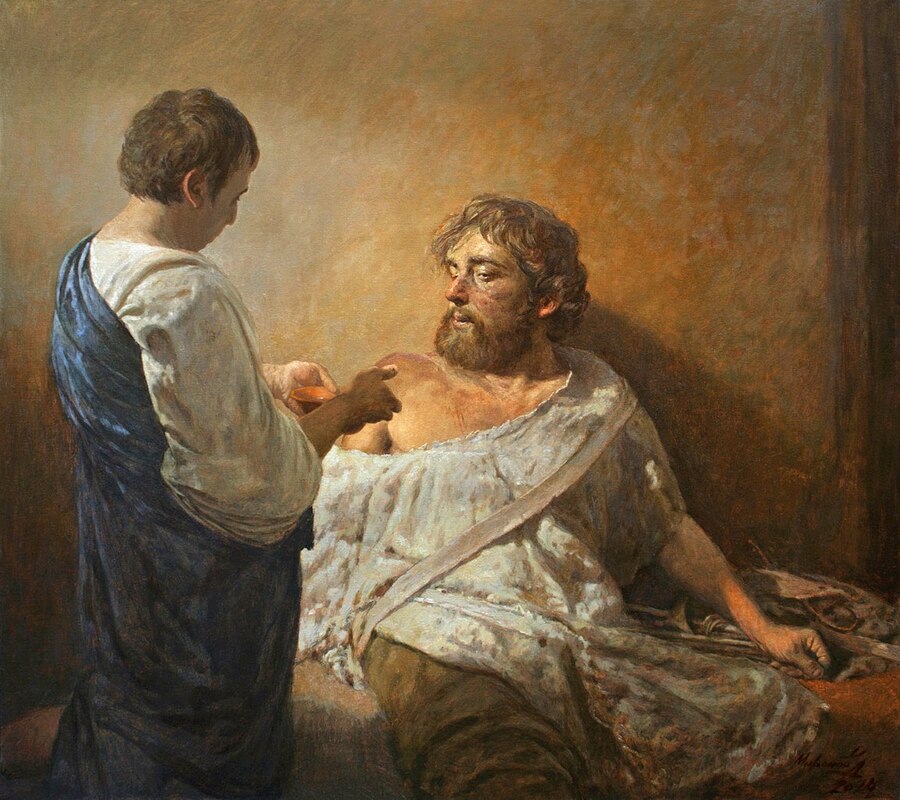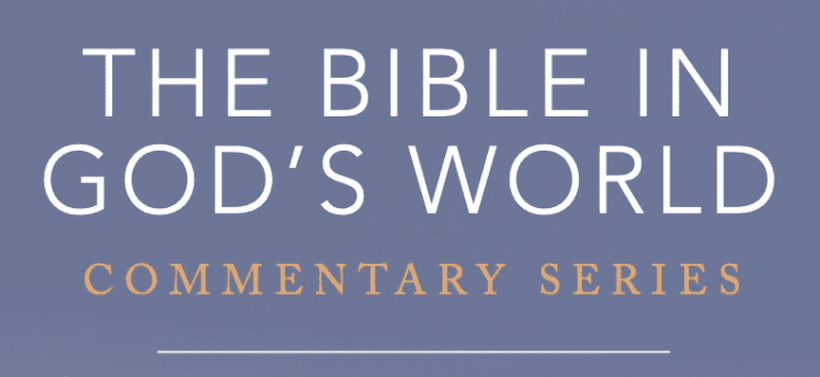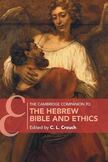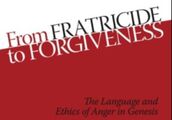Here, we see A. N. Mironov's Esau and Jacob. Based on Gen 25:27-34, this work shows Jacob exploiting his hungry and desperate brother Esau. Because Genesis is filled with ethical issues and refuses to uphold humans as saints, I love studying it.
|
My biggest current project is a commentary on Genesis focused on ethics and justice. It will appear in the Bible in God's World series, edited by M. Daniel Carroll R., Lissa M. Wray Beal, Scot McKnight, and Nijay Gupta.
|
|
I also wrote the following essay: “Creation and Its Complication: Ethics of Genesis.” Cambridge Companion to the Hebrew Bible and Ethics. Edited by C. L. Crouch. Cambridge: Cambridge University Press, 2021. Pages 85-100.
|
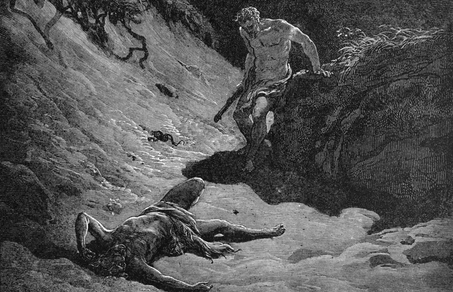
Genesis 4:7 is one of the most difficult verses to translate in Genesis. I explore it in "At Sin’s Entryway (Gen 4,7): A Reply to C. L. Crouch." Zeitschrift für die Alttestamentliche Wissenschaft 124, no. 3 (2012): 409-415.
A highly contested and confusing passage is Genesis 9:18-29. This story's so-called "curse of Ham" has been used for centuries for racist ends. I've written an article on it that is currently under review by a journal.
|
My first book focuses on Genesis: From Fratricide to Forgiveness: The Language and Ethics of Anger in Genesis. The book provides a close reading of how the book of Genesis returns to the theme of anger time and again, offering readers ways of handling this notorious emotion.
|
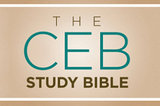
I also had the pleasure of editing the notes on the Torah in the CEB Study Bible. I worked with Theodore Hiebert on Genesis.
Return to Topics
Several images on this page come from Wikimedia Commons. Click the following links to see sources and licensing information: Esau and Jacob. Gen 4:7. Curse of Ham.
